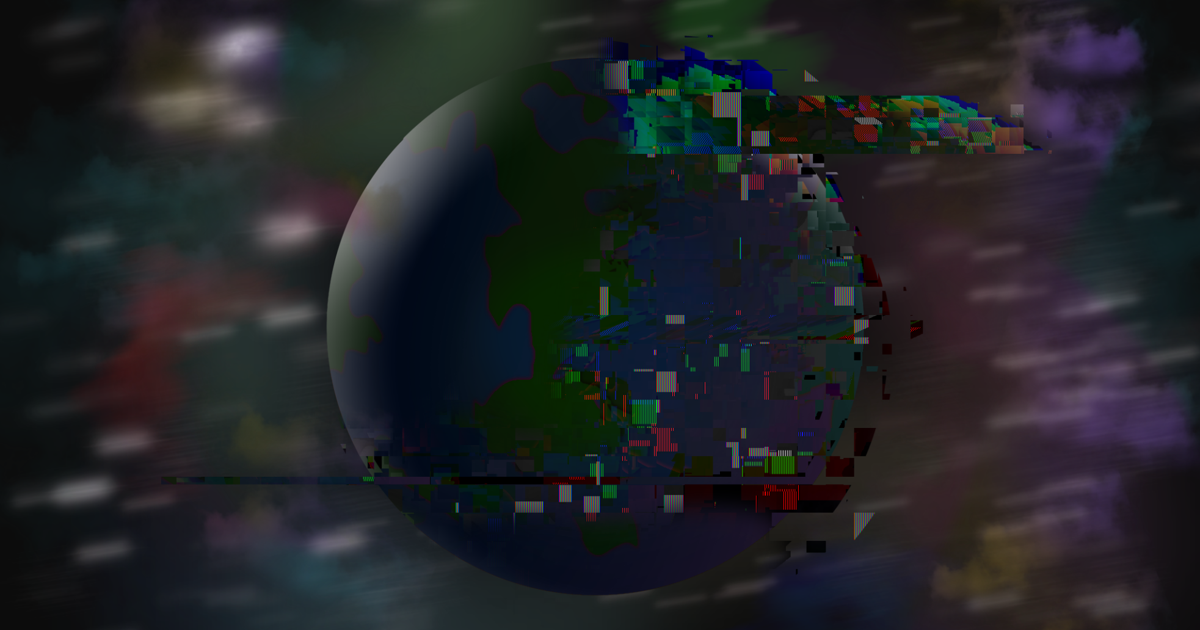Dark Side of AI: How Artificial Intelligence Could Unravel Our Social Fabric and Ecosystem

The dystopian vision of artificial intelligence that science fiction authors have meticulously crafted over decades is rapidly transforming from speculative imagination into tangible reality. With each passing day, the boundary between technological speculation and actual implementation becomes increasingly blurred, signaling a profound shift in how we perceive and interact with intelligent machines.
As AI continues to evolve at an unprecedented pace, the once-distant scenarios of machine autonomy and potential technological dominance are no longer confined to the pages of novels or the frames of futuristic films. Instead, they are emerging as genuine possibilities that challenge our understanding of intelligence, consciousness, and the future of human-machine relationships.
The convergence of advanced algorithms, machine learning, and computational power is pushing the boundaries of what artificial intelligence can achieve, bringing us closer to a world where intelligent systems might not just assist, but potentially reshape the very fabric of human society. What was once considered pure science fiction is now becoming an unfolding technological narrative that demands our careful attention and critical examination.








